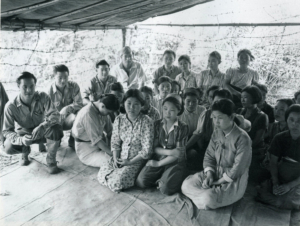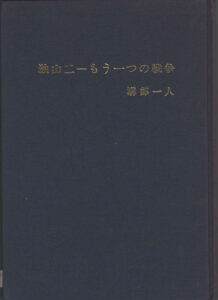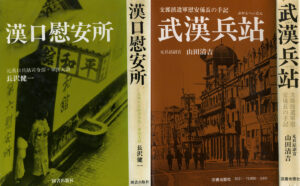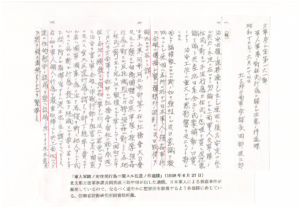
An order issued by Lieutenant General Okabe Naozaburo, Chief of Staff of the North China Expeditionary Army.
Why did the Japanese military establish the “comfort women” system? According to official Japanese military documents there were four main reasons.
The first was to prevent rape of local residents by Japanese military personnel. . This suggests that “comfort stations” were first conceived of as military facilities . Confronted with frequent incidents of rape by his soldiers, Lieutenant General Okabe Naozaburo, Chief of Staff of the North China Expeditionary Army, issued an order that sexual recreation facilities be made immediately to appease Chinese anger. (refer to the following material).
Although this may sound like a good solution to a nasty problem, unfortunately it resulted in failure. The establishment of the military “comfort women” system did nothing to decrease the number of rapes by Japanese military personnel. . To begin with, comfort stations, where sexual violence was officially sanctioned, and sexual desire was stimulated rather than appeased, could hardly be expected to serve as a means of preventing rape. Besides, women imprisoned in comfort stations suffered from sexual violence on a daily basis.
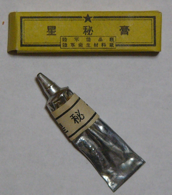
The second reason was to prevent the spread of sexually transmitted diseases. Because Japanese soldiers would be exposed to sexually transmitted diseases in brothels near the front, where sanitary conditions were poor, comfort stations which could be totally controlled by the military should be offered instead. Military surgeons believed that sexually transmitted diseases could be prevented by having comfort stations under the military control, and cutting off all contact with local brothels. This plan, however, also resulted in failure.
According to records kept by the central command, the number of people newly infected with sexually transmitted diseases in conflict areas gradually increased: from 11,983 in 1942, to 12,557 in 1943, and to 12,587 in 1944. As time went by, the total number of soldiers could deployed increased, so it may be said that the proportion dropped, but still the absolute number of newly infected people increased.
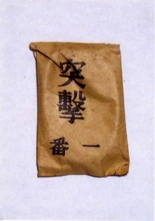
Another problem is that because it was considered extremely dishonorable to be infected with a sexually transmitted disease on the battlefield, everyone tried to conceal the fact. Thus, they tried to treat themselves secretly, so it is difficult to check the actual number of cases, which appears to be far greater than statistics kept by the central command. In short, theattempt to prevent sexually transmitted diseases by establishing the military “comfort women” system resulted in failure. In fact, there were so many people already infected with sexually transmitted diseases among the military personnel that they actually spread these diseases throughout the comfort stations.
If comfort stations were ineffective in preventing both rape and the spread of sexually transmitted diseases, then why did they continue to increase? The third and the most important reason was to provide soldiers, who experienced daily frustration and saw hell on the battlefield, with “comfort”. In the pre-war manly culture of Japan, “comfort” was associated with liquor and prostitution. This system arose from the military’s desire to provide soldiers with women. The human rights of the women involved, however, were utterly disregarded.
The fourth reason was counterintelligence. This means spy prevention. If Japanese military personnel used private brothels near battle fields or in occupied areas, they might form close relationships with the women there. And if spies were lurking in the brothels, military secrets would be leaked. Accordingly, the military banned soldiers from entering private brothelsand made comfort stations, which were totally supervised and controlled by the military, which could keep spies out. This was another reason why the Japanese military established the “comfort women” system and kept comfort stations under military control .
In any case, the women taken to comfort stations were regarded not as human beings, but merely as part of the military apparatus. . Furthermore, the human rights of Japanese soldiers can also be said to have been disregarded in the sense that their sexual desire was stirred up and they were forced to have sex without love.


